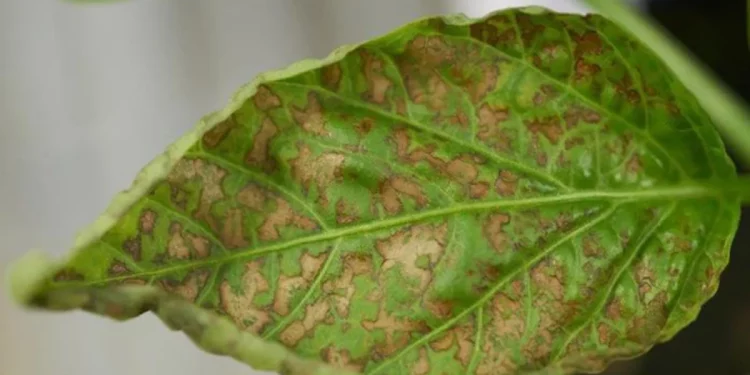Potato Aucuba Mosaic Virus (PAMV) is a widespread plant virus that affects potato crops worldwide, causing significant yield losses and economic damages. This article provides insights into the causes, symptoms, management, and prevention strategies of PAMV to help farmers and agronomists understand and combat the virus.
According to recent data from the American Phytopathological Society, PAMV is prevalent in many countries, including the United States, Canada, Europe, and Asia. The virus is transmitted through infected seed tubers, mechanical contact, and insect vectors such as aphids, making it challenging to control.
Symptoms of PAMV include mosaic-like patterns on leaves, stunted growth, and reduced yield. These symptoms can vary depending on the potato variety and environmental conditions. However, the virus can be managed through a combination of preventive measures such as using disease-free seed tubers, crop rotation, and control of insect vectors.
In recent years, researchers have also developed resistant varieties of potatoes that can withstand PAMV. These varieties have shown promising results in field trials and can significantly reduce the impact of the virus on crop yield and quality.
Moreover, the use of molecular techniques such as reverse transcription-polymerase chain reaction (RT-PCR) can help in early detection and diagnosis of PAMV, enabling timely management and control measures.
In conclusion, PAMV is a significant threat to potato crops, affecting their yield and quality. However, farmers can minimize the impact of the virus by implementing proper disease management practices and using resistant varieties. Early detection and diagnosis using molecular techniques can also help in effective management and control of the virus.
#PAMV #potatoes #plantvirus #diseasemanagement #cropresistance #agriculture #insectcontrol #yieldloss #RT-PCR







